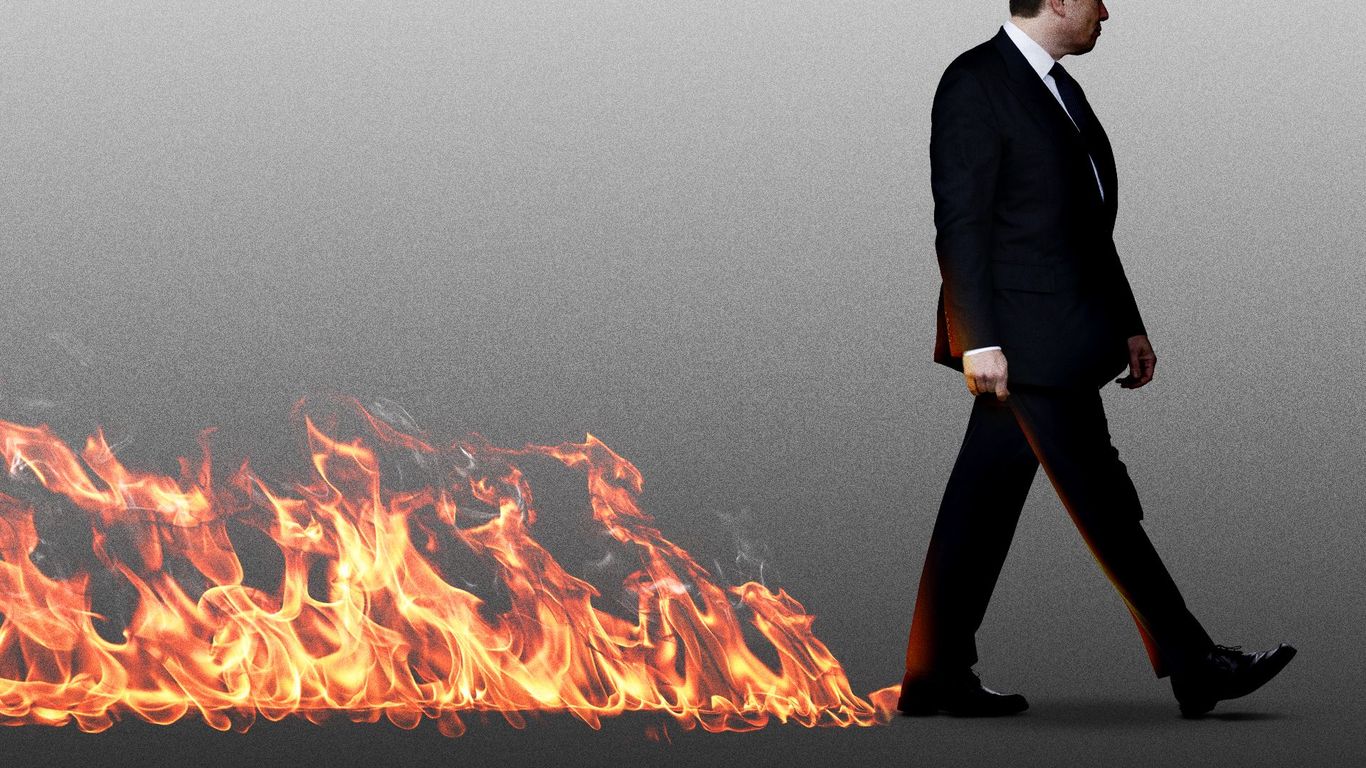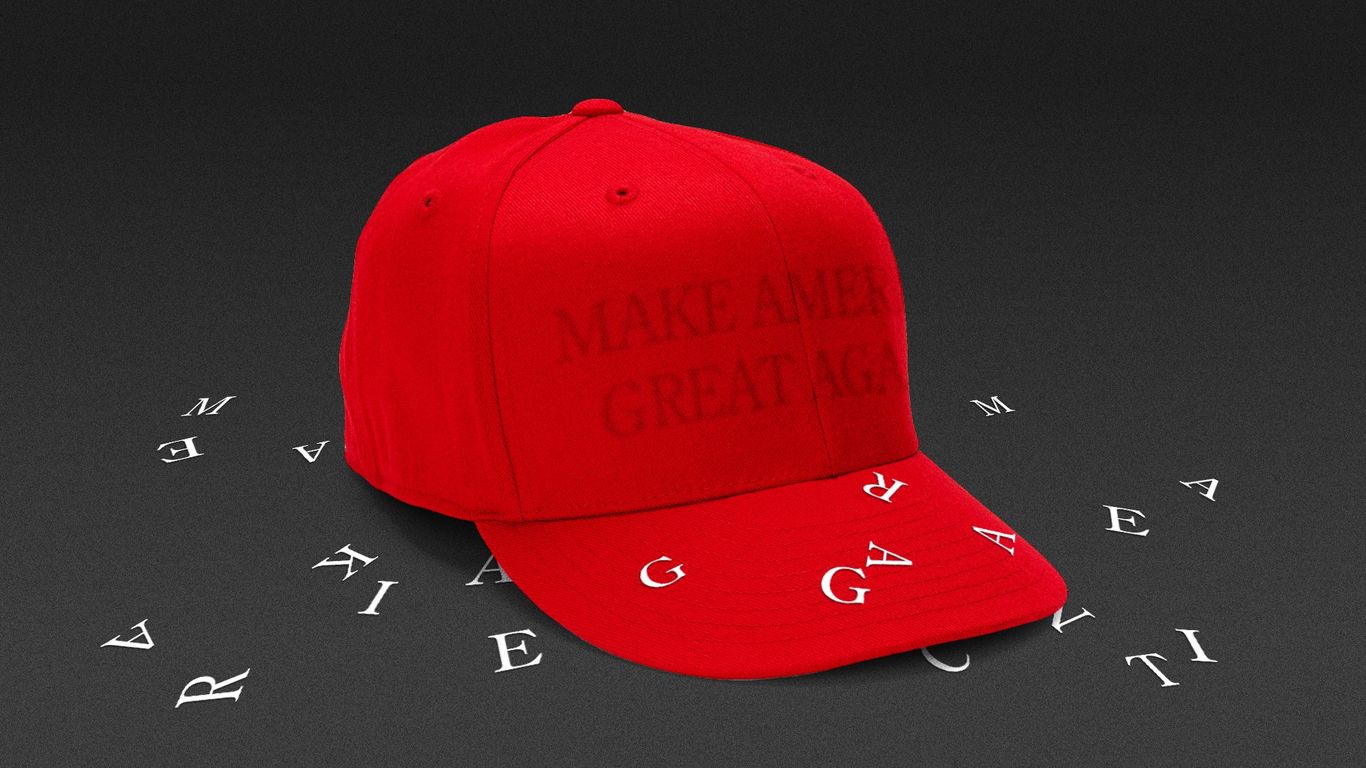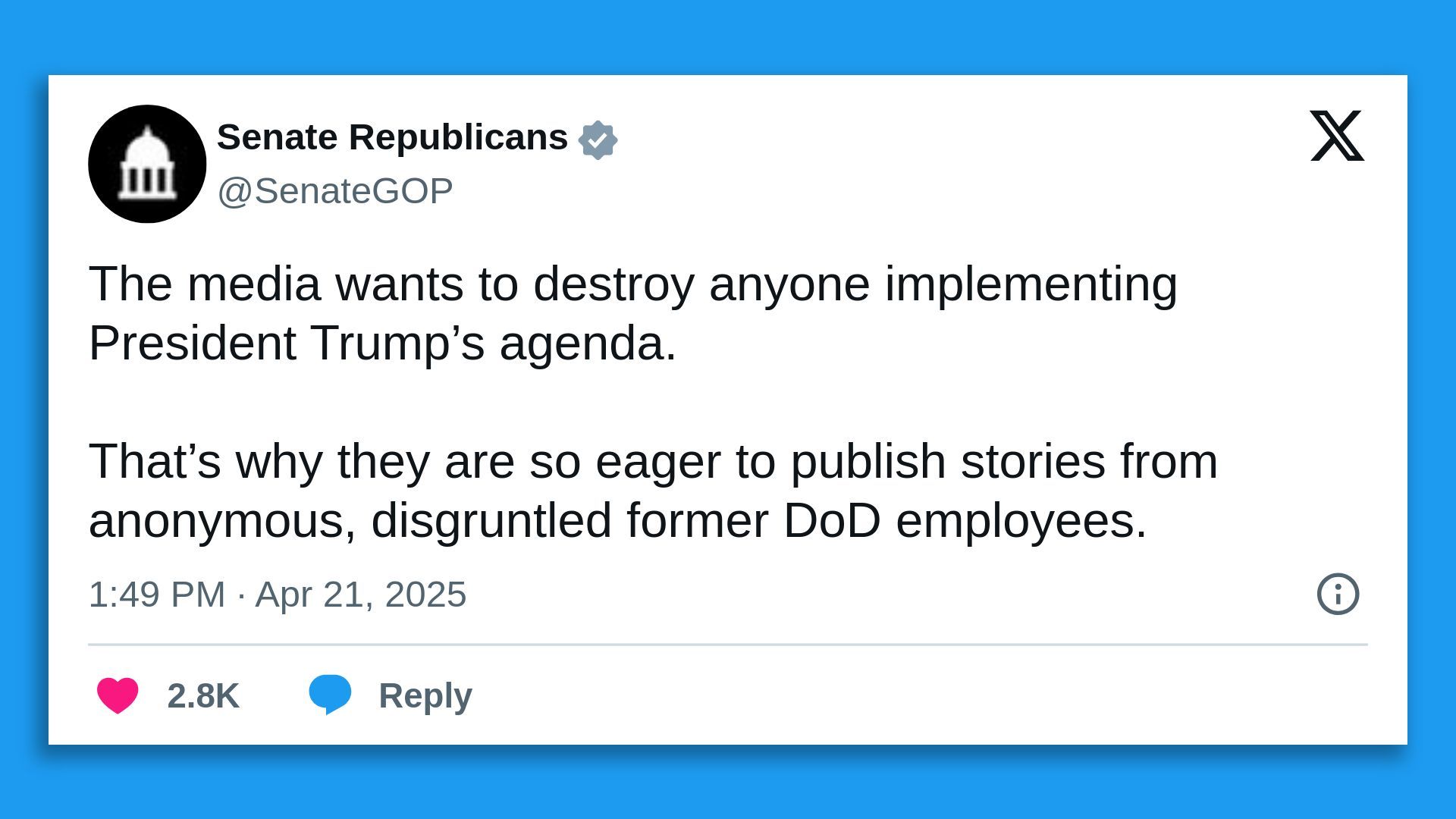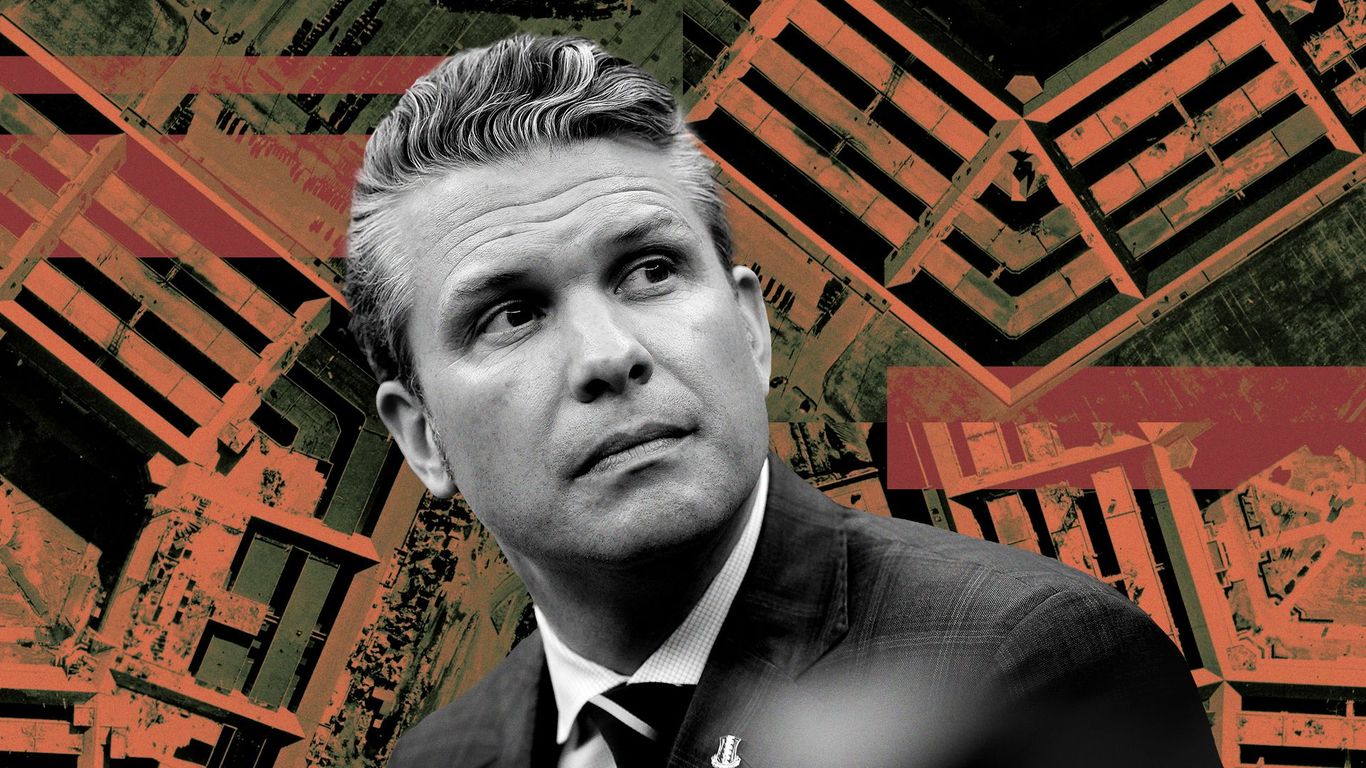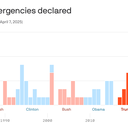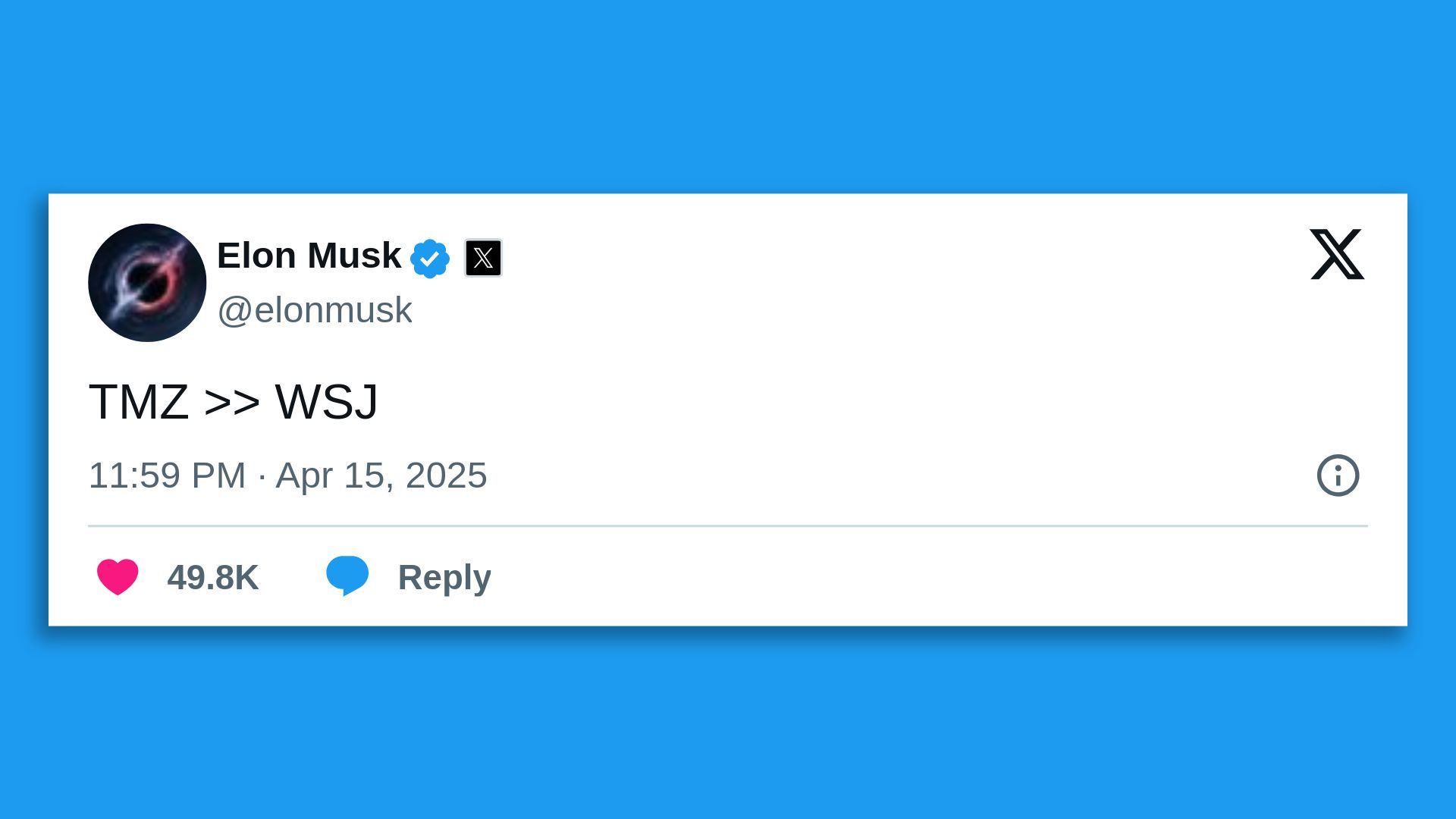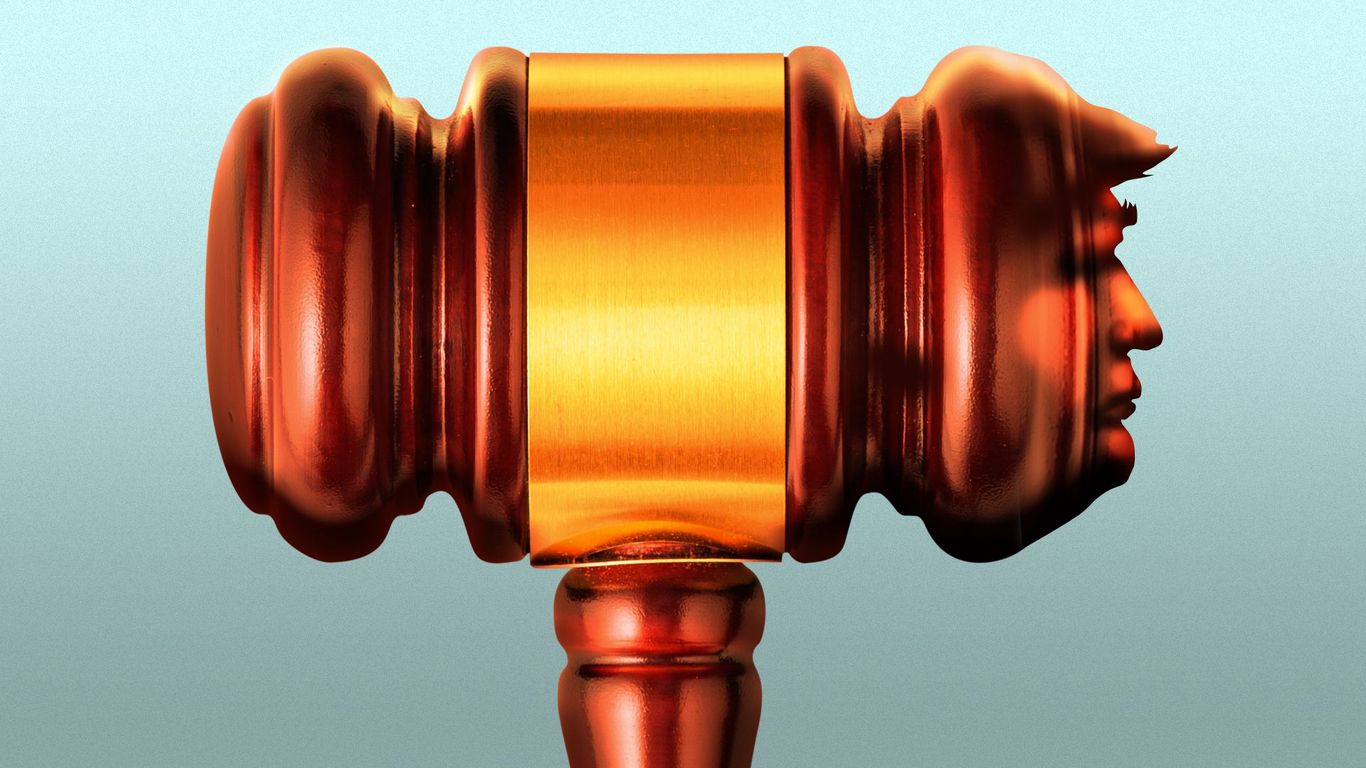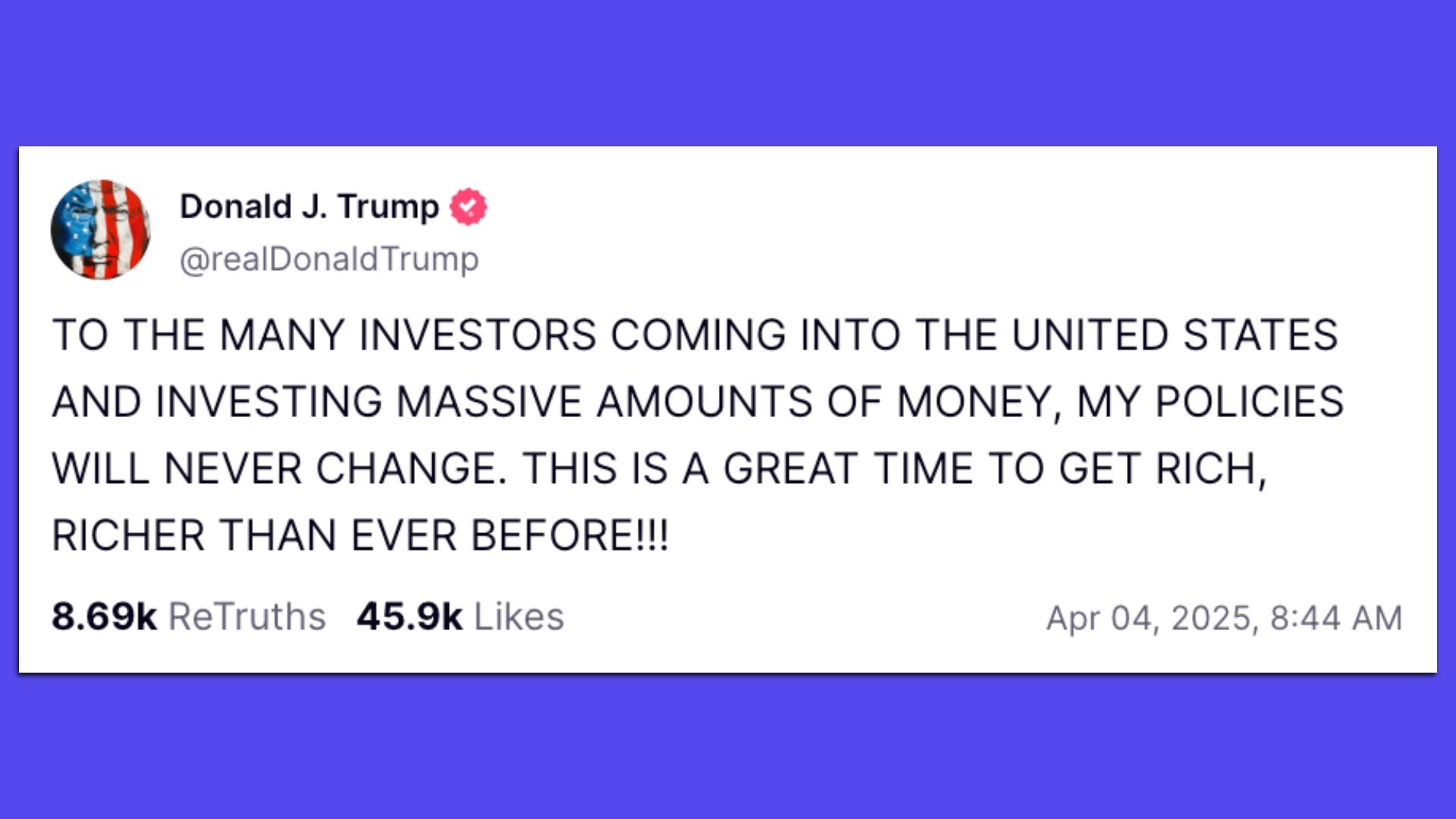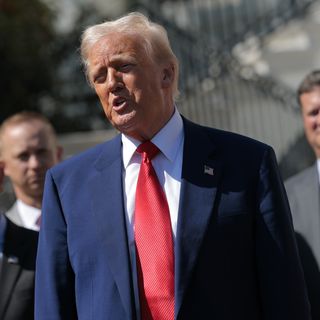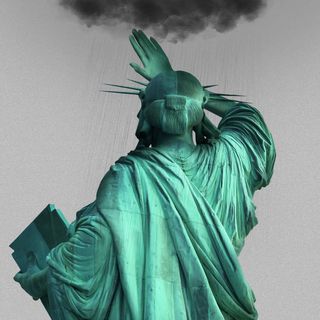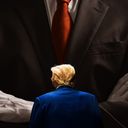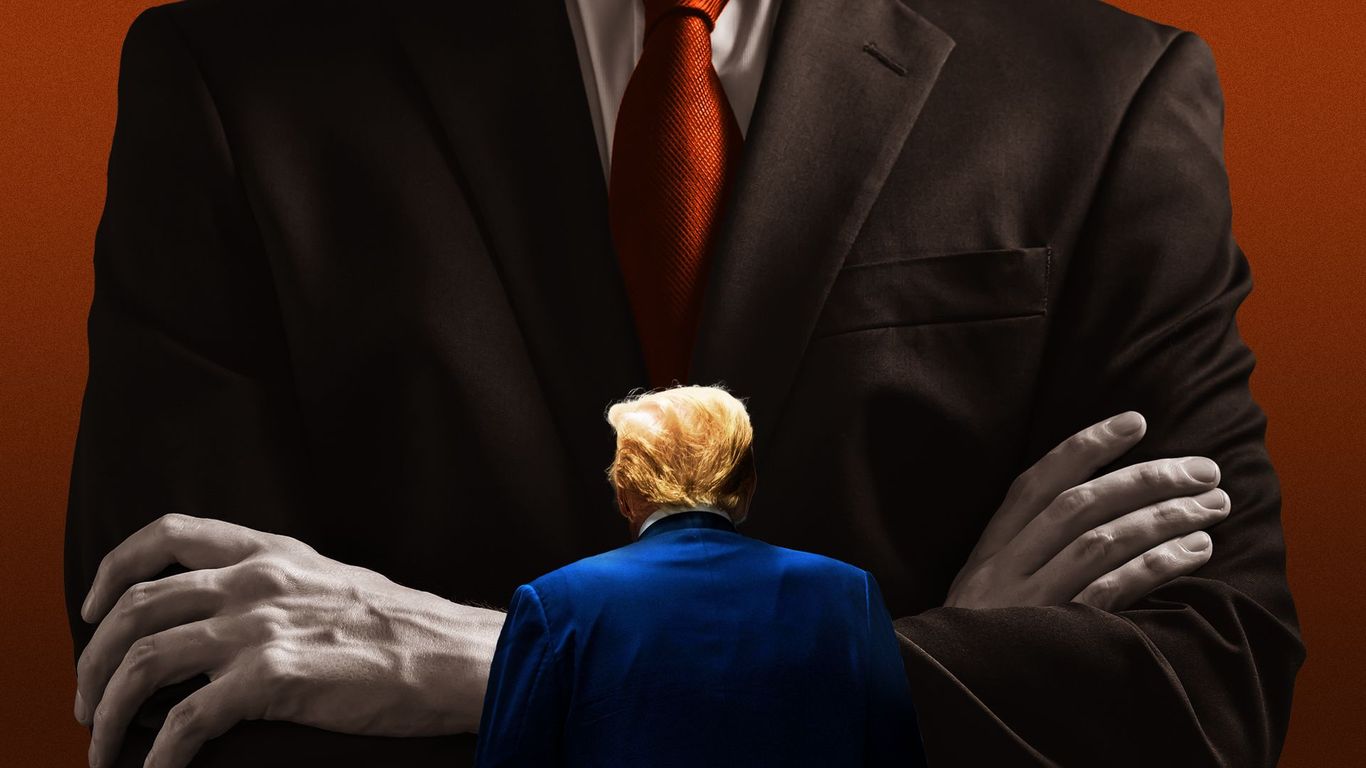"Like a pendulum": How America's racial reckoning unraveled
The America that marched for George Floyd five years ago is gone, buried beneath a backlash that has hardened — for now — into a new political and cultural order.
Why it matters: Floyd's murder by a Minneapolis police officer shocked the national conscience. But what looked like historic momentum for racial justice has collapsed — eclipsed by a reactionary movement backed by the full force of the U.S. government.
- Still, activists aren't giving up: They're recharging and refocusing their efforts — shifting from mass protest to defending what remains, and planting the seeds for what's next.
- The fight has moved from the streets to the margins: In courtrooms, classrooms and city councils, a quieter form of resistance is taking shape — often out of the spotlight, but no less determined.
Zoom in: Civil rights groups like the Southern Poverty Law Center, Urban League, and NAACP are investing in long-term infrastructure — working to build durable political power and economic resilience in Black communities.
- Angela Rye, a political strategist and former adviser to the Congressional Black Caucus, is leading a 12-city "State of the People Power" backed by over 200 local and national partners.
- Rev. Jamal Bryant's boycott of Target over its rollback of DEI commitments — which dented the retailer's Q1 sales — shows how economic pressure is becoming a central tool of resistance.
- Selwyn Jones, George Floyd's uncle and co-founder of the Justice 929 Organization, is launching the MYTH app this summer to help record police interactions and alert emergency contacts in real time.
What they're saying: "Progress isn't a straight line. It swings like a pendulum," NAACP president Derrick Johnson told Axios.
- "And for some people, especially younger folks, it can feel like we're going backward. But the truth is we're still perfecting democracy, and the Black community has always been at the center of that work."
Flashback: While the killings of Breonna Taylor and Ahmaud Arbery stirred anger and protests in early 2020, it was Floyd's murder on May 25 — captured on camera and seen around the world — that ignited a global uprising.
- Statues toppled. Streets filled. Cities pledged reforms. Fortune 500 companies embraced diversity initiatives.
- For a moment, it felt like transformative change was coming.
Five years later, the pendulum has swung hard in the opposite direction.
- DEI: On his first day in office, President Trump ordered a government-wide purge of DEI programs and offices — the opening salvo in a systemic effort to dismantle the racial justice agenda that emerged in 2020.
- Civil rights: The Trump administration has moved aggressively to unravel President Lyndon Johnson's civil rights legacy, including by reorienting DOJ priorities to focus on "anti-white racism."
- History: Trump ordered a federal review of Confederate monuments toppled during the 2020 protests, targeting what he called a "concerted and widespread effort to rewrite our Nation's history."
- Police reform: Days before the anniversary of Floyd's murder, the Justice Department scrapped proposed consent decrees for the Minneapolis and Louisville police departments — and dropped nearly a dozen other investigations into alleged police abuse.
- Refugee policy: The administration has effectively ended most refugee programs — except for one tailored to white South African farmers, justified by Trump's false claims of "white genocide."
Zoom out: The racial justice backlash hasn't been confined to government.
- Major corporations that once championed diversity initiatives have slashed DEI staff, removed racial equity language from mission statements, and dropped even the appearance of activism.
- Open racism, antisemitism, and white nationalism have flourished online, with viral incidents — like the cases of Shiloh Hendrix and Karmelo Anthony — fueling toxic tribalism and fundraising.
- Prominent MAGA influencers have even launched a campaign to convince Trump to pardon Derek Chauvin, the police officer convicted of murdering Floyd.
The big picture: Advocates, experts and Floyd family members tell Axios that the 2020 racial reckoning has a mixed legacy, with victories often overlooked amid today's backlash.
- Most Americans say the heightened focus on race and racial inequality following Floyd's death did not lead to improvements for Black Americans, according to a February survey by the Pew Research Center.
- But civil rights attorney Benjamin Crump, who has represented the families of Floyd, Taylor, and countless others in the Black Lives Matter era, argued there has been incremental progress — especially in police accountability.
In the five years since Floyd's death, dozens of cities and states have passed bans on no-knock warrants, expanded crisis response teams and introduced civilian review boards — wins drowned out by public fatigue.
- The NAACP's Johnson acknowledged that fatigue, but he pushed back against the idea that people have stopped fighting.
- "No one is resting," he stressed. "We've earned the right to reflect. But we are still organizing, still fighting — because not only do our lives depend on it, this democracy does too."

/2025/05/22/1747946866851.gif)


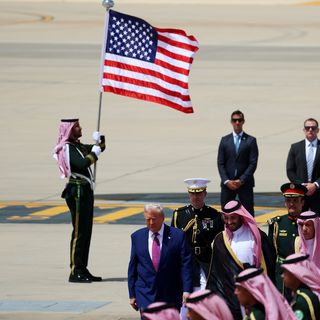

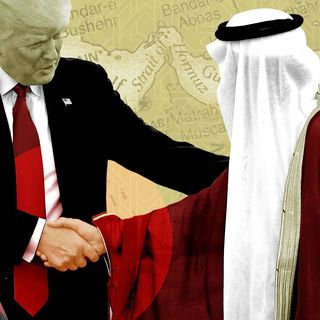

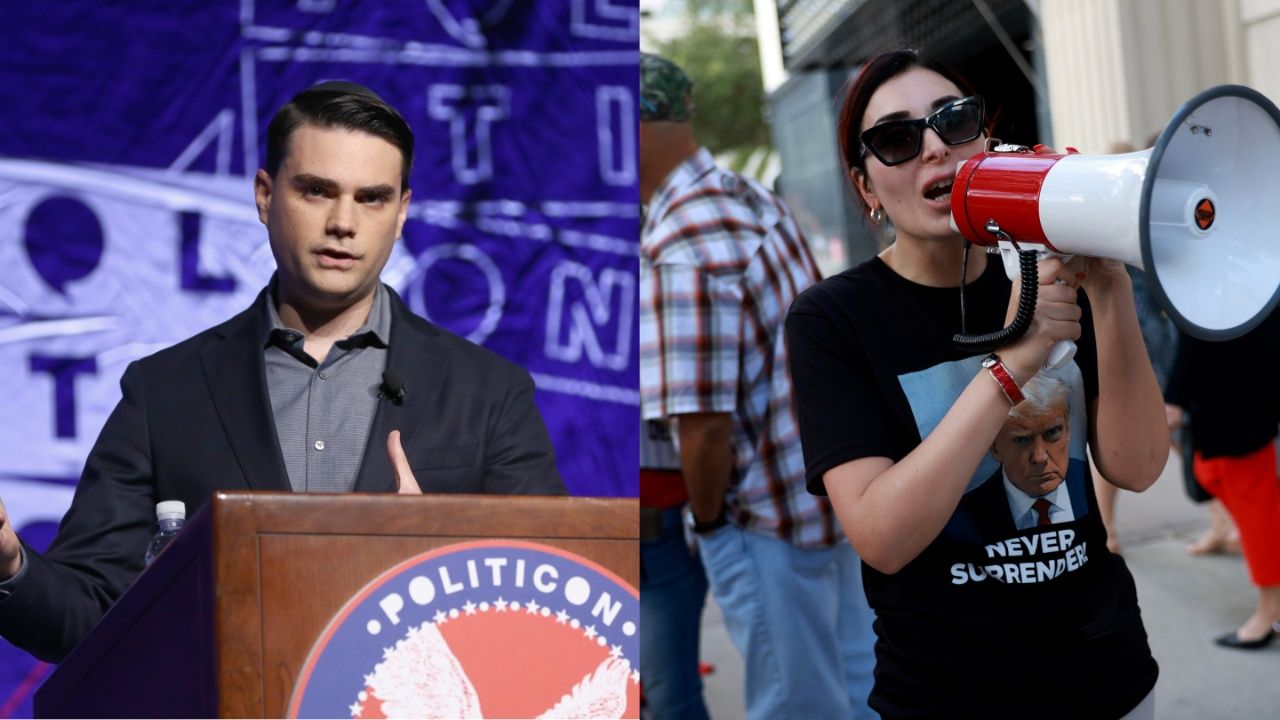

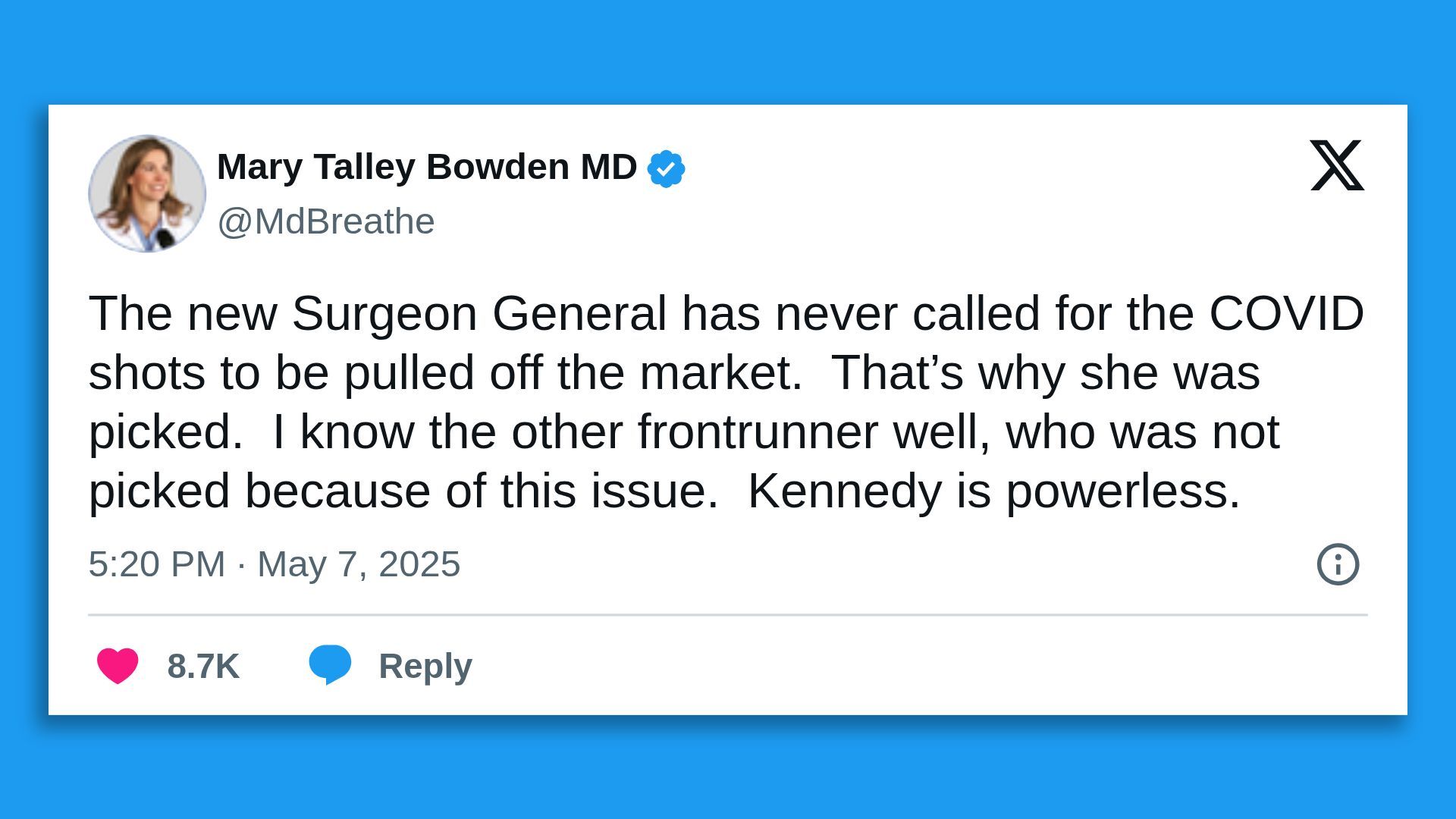


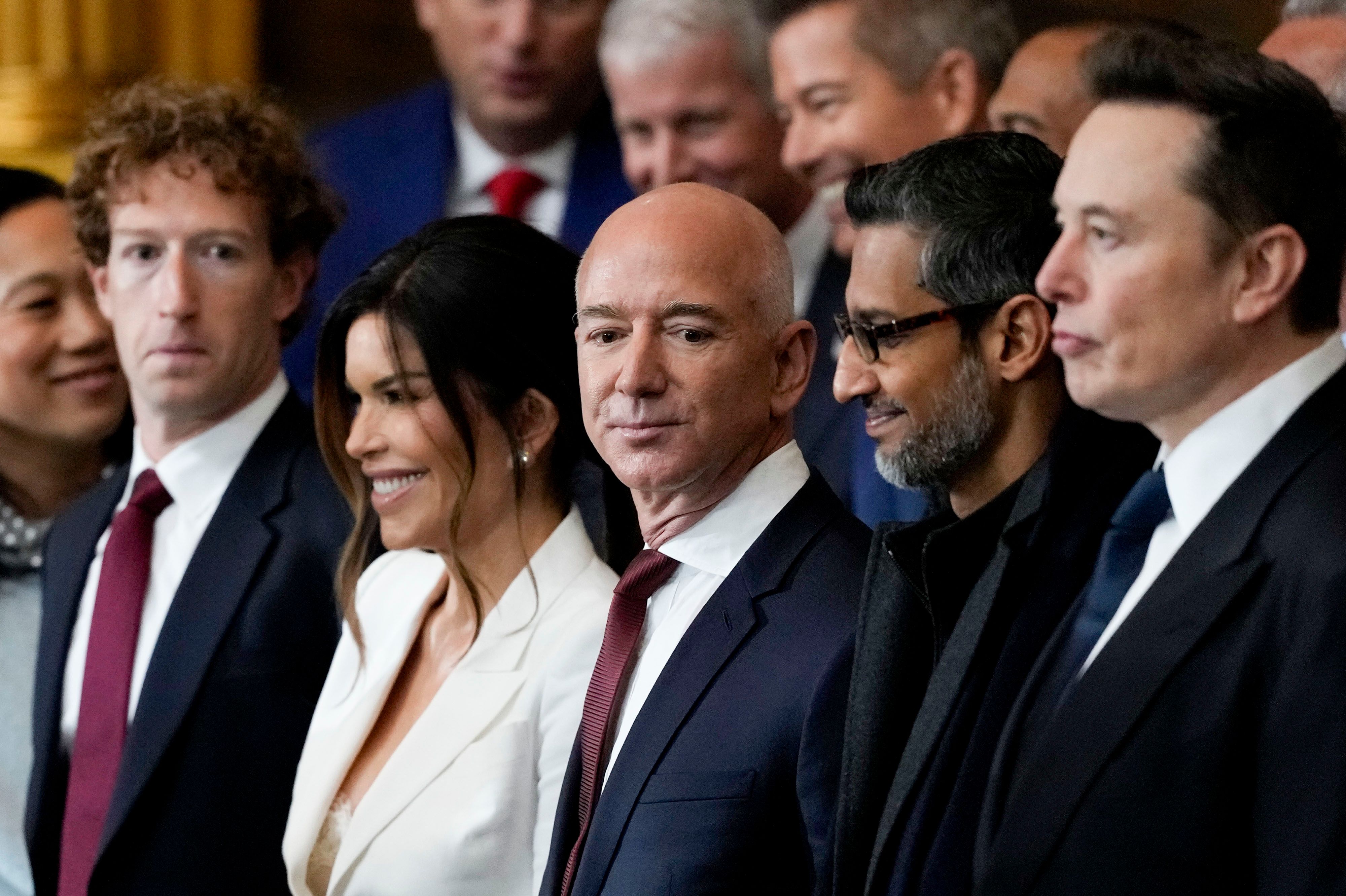
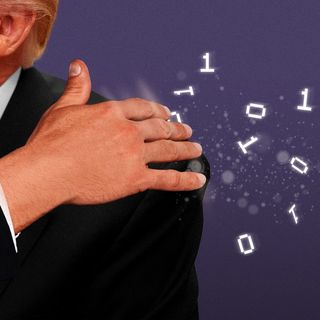

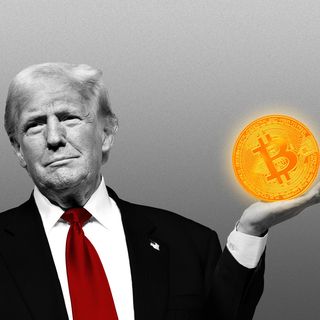

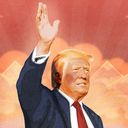
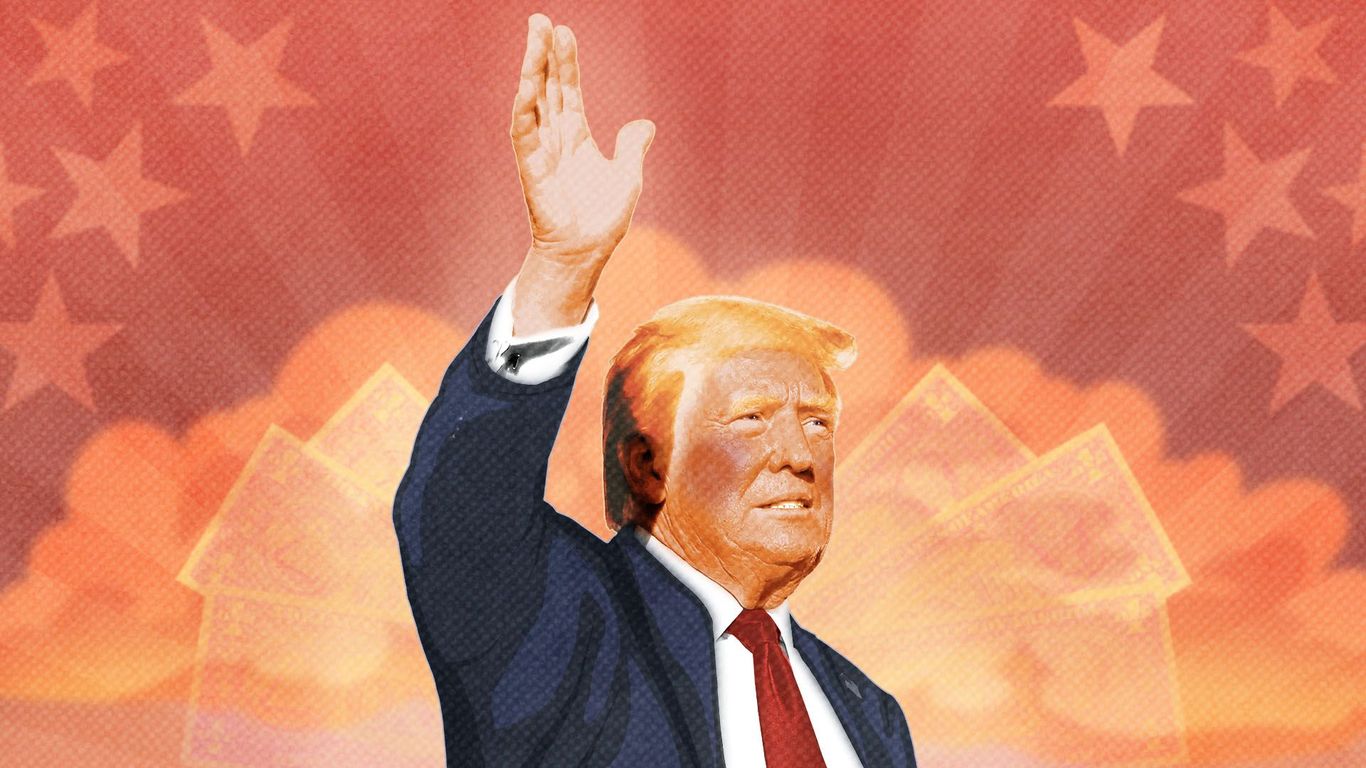
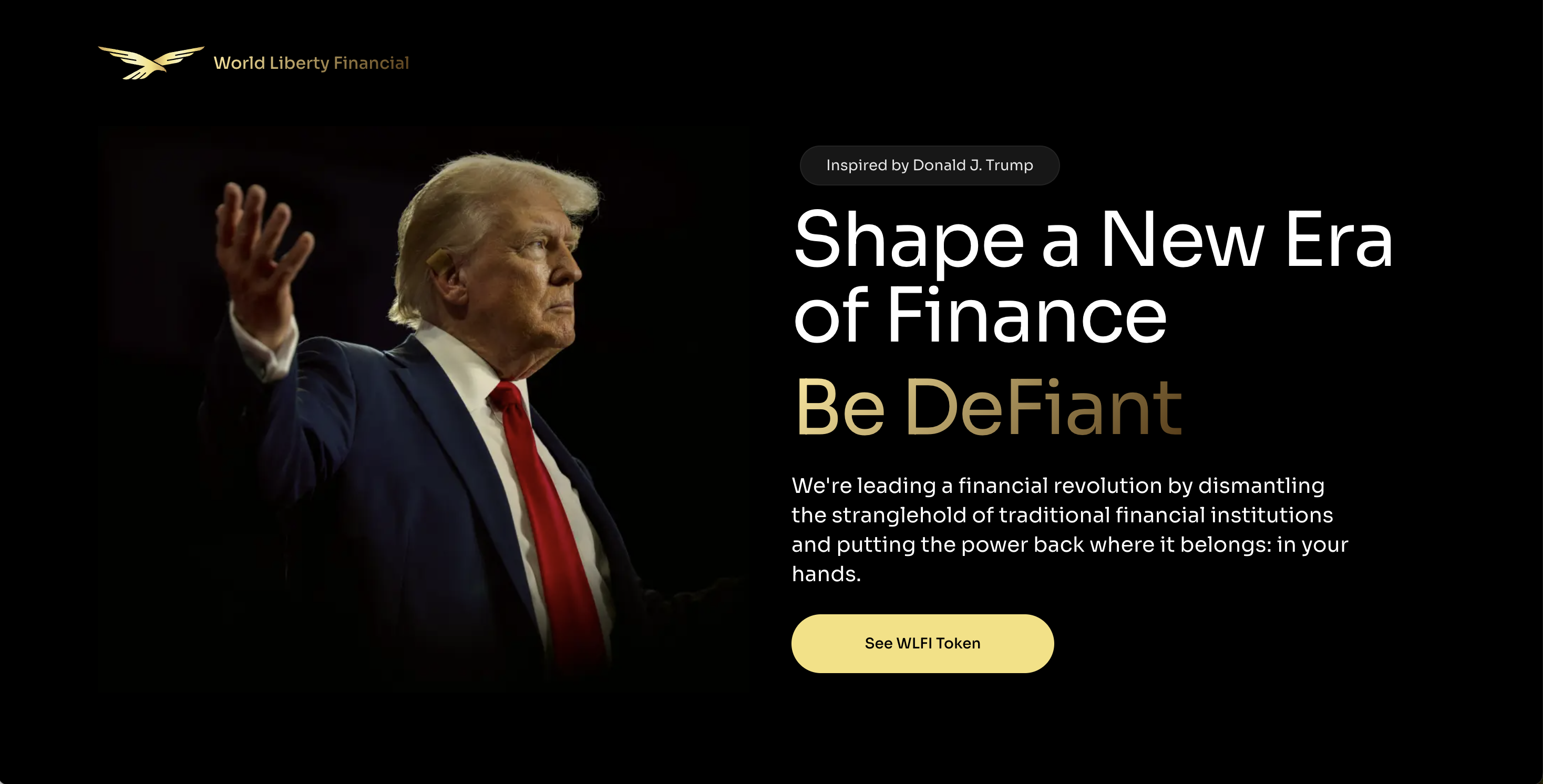

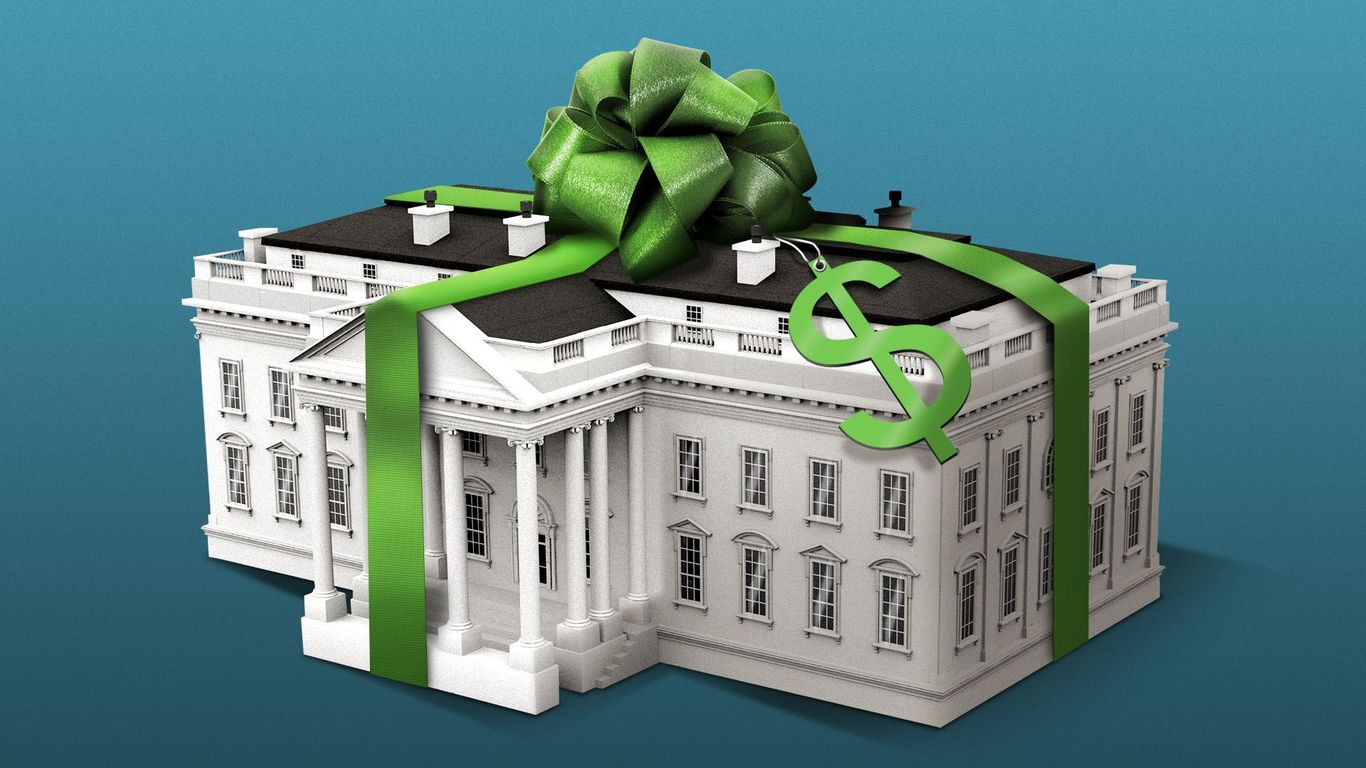

/2025/04/28/1745883329441.gif)

